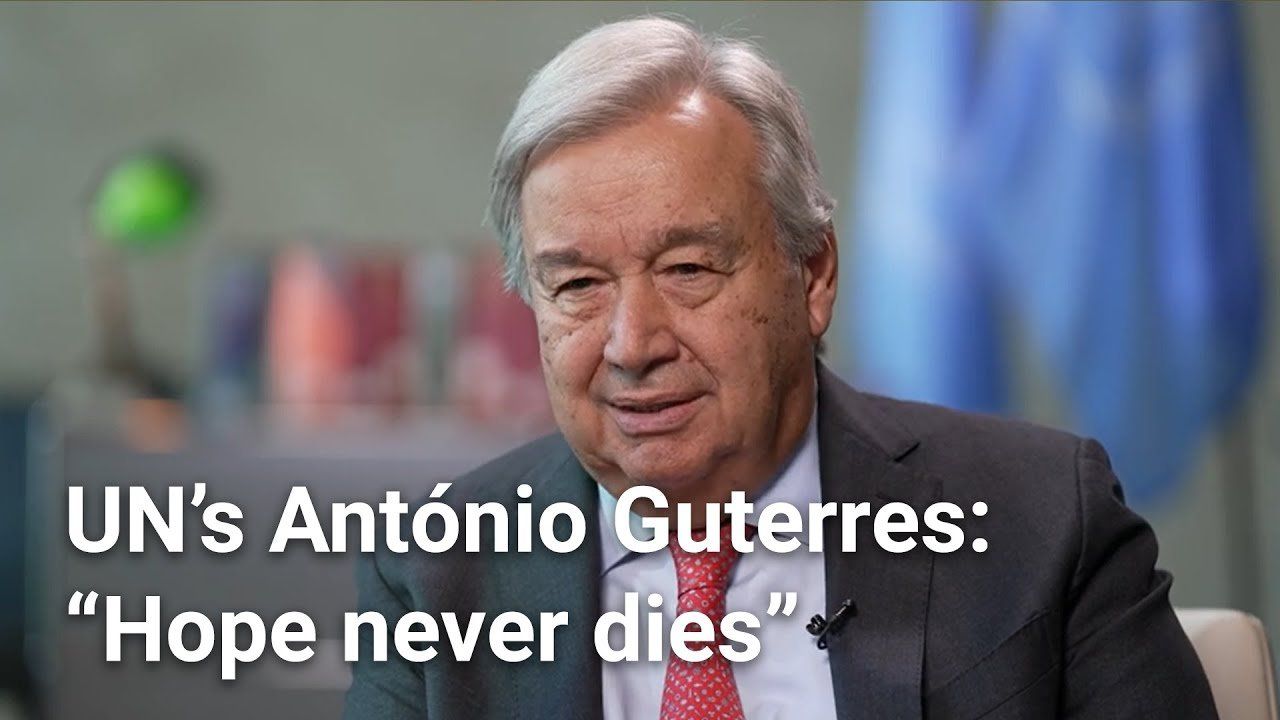GZERO World with Ian Bremmer
Peace in Ukraine is world's priority, says UN chief António Guterres

Peace in Ukraine is world's priority, says UN chief António Guterres | GZERO World with Ian Bremmer

As the 78th annual UN General Assembly week gets underway in New York—bringing diplomats, ministers, and heads of state together— there is a growing divide in the international community over Ukraine. In the US we’ve heard rumblings from GOP candidates about decreasing or stopping aid, and the once favorable opinion among Americans for continued support has dropped.
Leaders from the Global South, such as President Luiz Inácio Lula da Silva of Brazil, are calling for a shift in focus away from Europe to getting international development back on track, to talking about debt relief and increasing access to financing. They want to see real progress on the much-vaunted “Sustainable Development Goals” that member nations have vowed to accomplish by 2030. What they don’t want to do is to spend the entire week talking about a distant European war.
But, as UN Secretary-General António Guterres tells Ian Bremmer in an exclusive interview for GZERO World, ending the war in Ukraine is the top priority. “The single most important thing is to have peace in Ukraine," Guterres tells Ian. "The war in Ukraine is a complicating factor of everything else, so the first thing that we need is to stop that war.”
Michael Froman explains how the world is adjusting to Trump’s more transactional and unilateral approach to global power.
At the 2026 Munich Security Conference, NATO Parliamentary Secretary General Benedetta Berti explains why hybrid threats, from undersea cable sabotage to disinformation, energy coercion, and cyberattacks, are no longer isolated incidents but a defining feature of today’s security environment.
In this Quick Take from Munich, Ian Bremmer examines the state of the transatlantic alliance as the 62nd Munich Security Conference concludes.
At the 2026 Munich Security Conference, Brad Smith announces the launch of the Trusted Tech Alliance, a coalition of global technology leaders, including Microsoft, committing to secure cross-border tech flows, ethical governance, and stronger data protections.